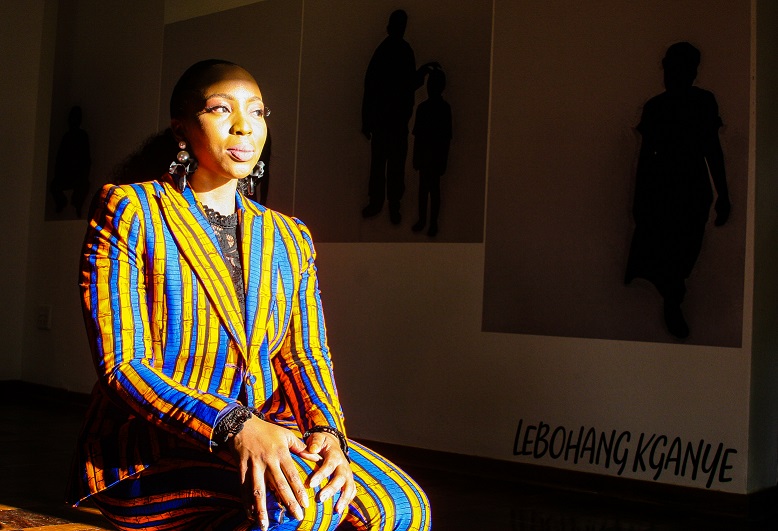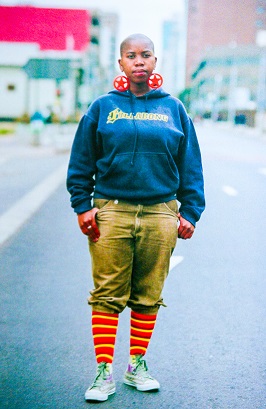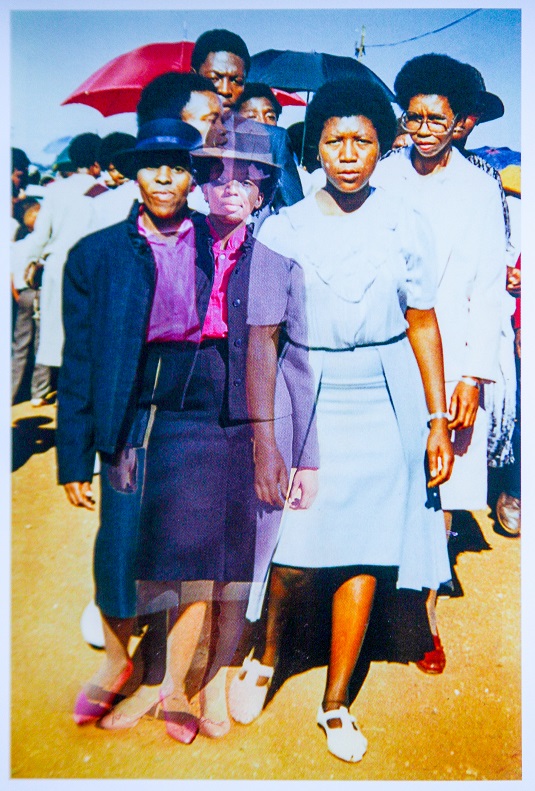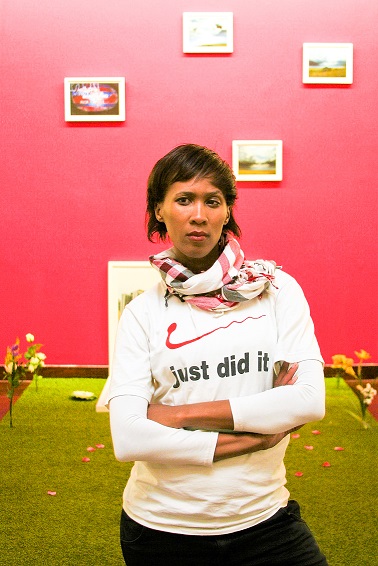THE tome, As We Rise, is a compilation of imagery from the African diaspora featuring works by Black artists from Africa, Canada, the Caribbean, Great Britain, Latin America and the United States.
The volume provides an exploration of Black identity on both sides of the Atlantic.
Gleaned from Toronto-based Jamaican-Canadian dentist, Dr. Kenneth Montague’s Wedge Collection — a collection he founded in 1997, comprising artworks celebrating expressions of African and Diasporic identity — As We Rise looks at Black life through the lenses of community, identity and power.
Dr Montague – who was recently in South Africa for FNB Art Joburg during which he met some of the creatives whose works feature in the book such as Free State-born Jabulani Dhlamini and Ayana V. Jackson, adopted the volume’s title from his father’s ethos: “Lifting as we rise.”
Featured among works of artists such as American colossi, viz, Carrie Mae Weems, James van der Zee, Gordon Parks and Ayana V. Jackson – are those of the South African quintuplets of Athi-Patra Ruga, Andrew Tshabangu, Jabulani Dhlamini, Lebohang Kganye and Nontsikelelo Veleko.
Included also are those of African craftsmen such as Mali’s Malick Sidibé and Seydou Keïta; Nigeria’s J. D. ‘Okhai Ojeikere and Samuel Fosso; Ghana’s James Barnor; and Burkina Faso’s Sanlé Sory.
France-based photographer Veleko, who was a recipient of the Standard Bank Young Artist for Visual Art award in 2008, is represented in the tome through her image captioned Vuyelwa, 2003–7 – which limns one of the models from her 2003 South African street style series, Beauty is in the Eye of the Beholder.
Veleko’s fellow Market Photo Workshop alumna, Katlehong-raised Lebohang Kganye – one of a new generation of contemporary artists born shortly before or after the demise of apartheid – is represented through two photographs digitally juxtaposing portraits of her mother with photographic copies the artist has re-enacted by posing like her whilst dressed in her clothes.
Captioned in her Sesotho language, the images emanate from her 2013 series, Ke Lefa Laka: Herstory, and originate from the loss of her mother.

Johannesburg-based American photographer and filmmaker Ayana V. Jackson has contributed a duo images of herself in the role of Sarah – a 2016 presentation inspired by the story of Sarah Forbes Bonetta, an African woman of Yoruba origin presented as a gift to Queen Victoria by King Ghezo of Dahomey, a precolonial African kingdom – through which the artist uses her own body for storytelling, et cetera.
Jackson’s fellow American artist, Carrie Mae Weems, is represented through her black-&-white photograph, Untitled (Woman and Daughter with Make Up), from her early 1990s photographic project, The Kitchen Table Series.
The African Diaspora is represented by London-based nonagenarian Ghanaian photographer James Barnor through his contributions of a 1953 black-&-white image of Ginger Nyarku, a Featherweight boxer with Coronation Belt, recorded in Accra, and another in colour dated 1966 limning yesteryear Drum magazine cover model Erlin Ibreck dressed in chic fashion characteristic of the ‘Swinging Sixties’, on a London street.
The same black diaspora community Barnor happened amidst was documented by Trinidad-born British photographer, Horace Ové, who recorded the dramatic scene of Michael X walking on a platform of London’s Paddington Station whilst surrounded by bodyguards in 1967 – after having been tipped off about the UK’s Black Power movement leader’s arrival.
Across the Atlantic, intergenerational contributors to Montague’s collection include Harlem Renaissance leading figure James Van Der Zee’s 1932 image, Couple in Raccoon Coats, limning a Black couple dressed in matching fur coats whilst posing with their Cadillac V-16 roadster on a Harlem street – as well as a 1982 portrait of the artist Jean-Michel Basquiat seated on a stool with a cat on his lap.
Regarding the alluring former image, the chair of the Department of Photography and imaging at the Tisch School of the Arts, New York University, Deborah Willis remarked: “As I look at this photograph, I envision this image shared with family members in the city – the waves of Black immigrants from the Caribbean and migrants from the rural South. I imagine that Van Der Zee’s photographs forever changed the visual self-image of the people who metamorphosed into fashionable big-city dwellers, the degradations of the past seemingly eliminated from their present lives.”
Whilst among the works of African practitioners are a quadruple of black-&-white images by Mali’s Seydou Keïta featuring the virtuoso’s studio snaps limning, among various models, a duo of ladies posing on a scooter.
The Malian output is augmented by Malick Sidibé’s Nuit de Noel (Happy Club), a 1963 Gelatin silver print limning a brother and a sister care freely dancing the night away at a party.

The over a hundred images in Montague’s tome touch on themes of agency, beauty, joy, belonging, subjectivity, and self-representation – and are accompanied by insightful essays by, among others: Teju Cole, a photographer, essayist and curator who was the photography critic for the New York Times Magazine until 2019; and Liz Ikiriko, a Nigerian Canadian artist and curator who was a cocurator of the 13th Rencontres de Bamako/African Biennale of Photography, Mali (2021).
As We Rise is published by Aperture, a not-for-profit foundation connecting the photography community and its audiences with the most inspiring work, the sharpest ideas, and with each other – in print, in person and online.
The book is distributed in South Africa by Jonathan Ball Publishers and available at leading bookstores countrywide for R1 810.
Top Image Jacob MAWELA (Lolo Veleko – the photographer of the image, Vuyelwa, featured in the book, As We Rise).


